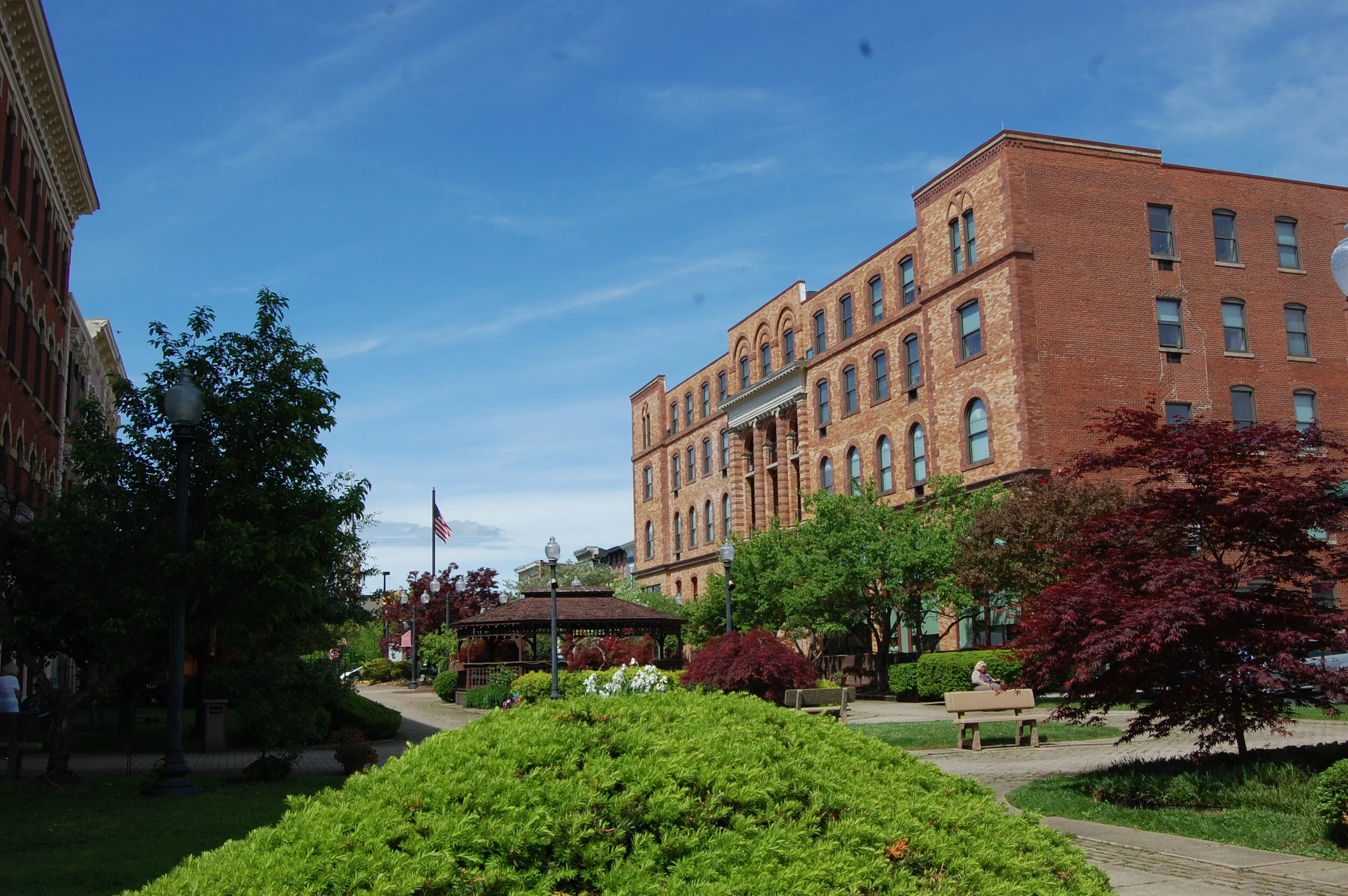Several strategies profiled in the Working Paper employ situational sensitivity to achieve outcomes that benefit residents of color and/or low-income residents.
An Update On Warren's Population & Housing Trends
Equitable Development: Preserving NOAH in Target Neighborhoods
Recently, GOPC partnered with the Lincoln Institute of Land Policy to report on equitable development interventions that can be used to improve equity outcomes within the context of weak real estate markets found in legacy cities within the United States. The equitable development strategies we profiled attempt to make safe, secure, and affordable housing attainable for residents of color and low-income residents through increased production, maximizing benefits associated with affordable housing, or capitalizing on market opportunities.
An Update on Youngstown's Population & Housing Trends
Equitable Development: Securing Affordable Units in Exchange for Public Land
Recently, GOPC partnered with the Lincoln Institute of Land Policy to report on equitable development interventions that can be used to improve equity outcomes within the context of weak real estate markets found in legacy cities within the United States. The equitable development strategies we profiled attempt to make safe, secure, and affordable housing attainable for residents of color and low-income residents through increased production, maximizing benefits associated with affordable housing, or capitalizing on market opportunities.
GOPC Releases Multi-Year Strategic Housing Plan for Springfield
Greater Ohio Policy Center (GOPC) has released a multi-year strategic housing plan for Springfield. Quality Housing for All: A Four-Year Strategic Plan for Springfield provides community leaders with a roadmap to address current and future housing needs in Springfield. Community leaders have elevated housing as a communitywide priority.
Protecting Housing in Ohio’s Cities through Rental Property Registries and Licensure Programs
Ohio’s cities have experienced an increase in rental properties over the last decade and many communities have established rental registries and licensing programs in response. Rental property registries and licensing programs are often utilized by municipalities to gather up-to-date information for rental properties and owners, and to ensure properties meet basic standards of habitability.
#GOPCThread: The 614 for Linden Year 2 Update
Portsmouth leaders, GOPC release Housing Market Analysis for the "Comeback City"
Study Considers Whether New Transit Gentrifies Low-Income Communities, Finds No Significant Impacts.
Transit is an invaluable resource in low- and moderate-income communities, connecting residents to job centers and services that may otherwise be inaccessible without a car. However, there are concerns that significant investments in transit, particularly rail transit, may increase property values and displacement pressures on area residents.











